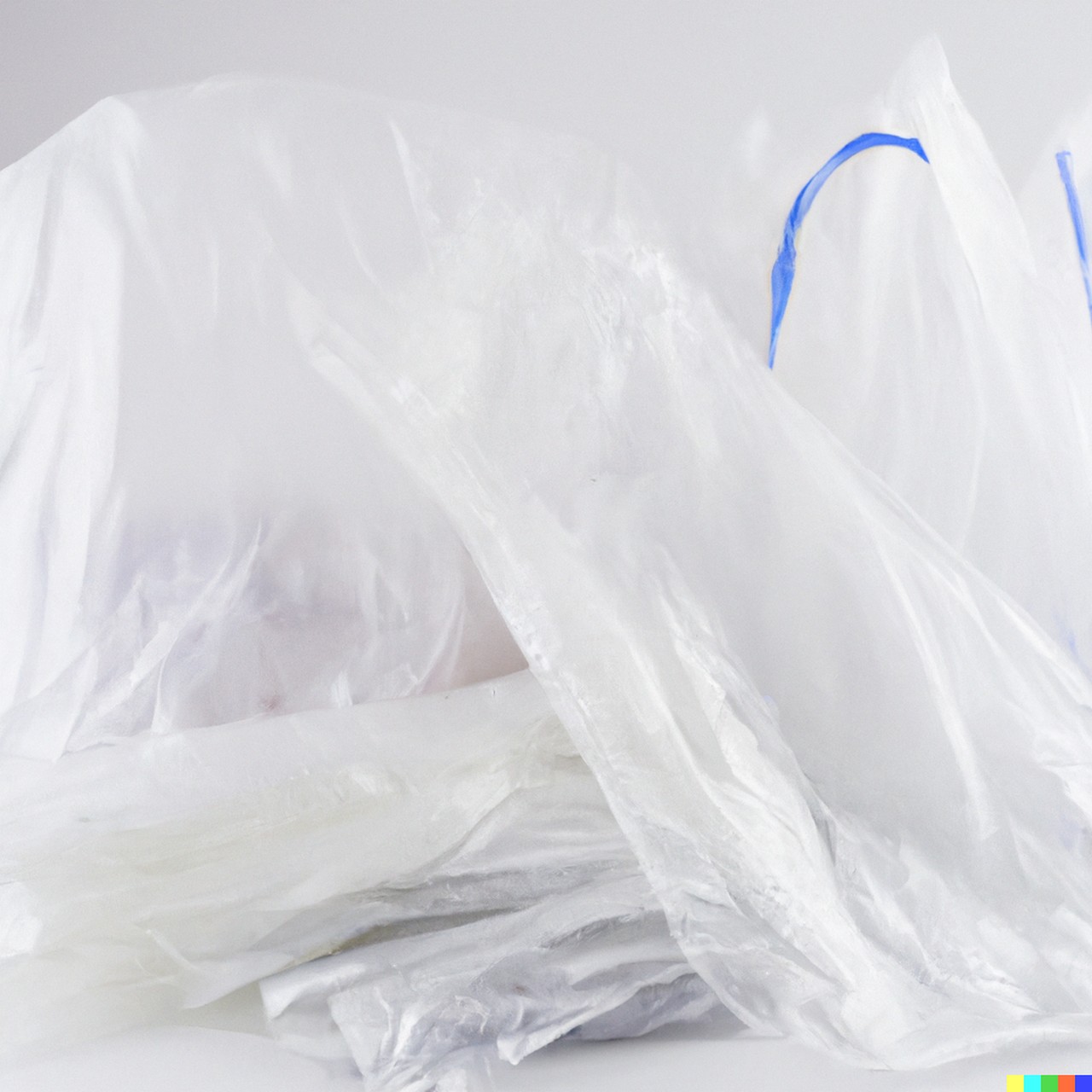Plastic bags have been a convenient and popular packaging material for decades. However, their widespread use has caused severe environmental problems, including pollution of oceans, rivers, and landfills. Governments around the world have taken various steps to address this issue, including implementing the plastic bag ban. The ban prohibits retailers from providing single-use plastic bags to customers, encouraging them to use reusable bags instead. While the plastic bag ban has been implemented in several countries, there is still debate about its effectiveness. This article aims to explore the impact of the plastic bag ban on the environment, economy, and society.
Environmental Impact
The environmental impact of plastic bags has been a significant concern. The bags can take up to 1,000 years to decompose, causing serious damage to ecosystems. The plastic bag ban aims to reduce the use of single-use plastic bags, ultimately reducing plastic pollution. Here are some of the ways the plastic bag ban has affected the environment:
- Reduced plastic waste: According to studies, plastic bag bans have led to a significant reduction in plastic waste. In countries like Ireland, Australia, and China, plastic bag usage decreased by up to 80% after implementing the ban.
- Reduced litter: Plastic bags often end up as litter in streets, parks, and water bodies. The plastic bag ban has helped reduce the amount of litter, making the environment cleaner.
- Reduced marine pollution: Plastic bags are one of the most common types of litter found in oceans. The ban has reduced the amount of plastic waste entering the ocean, helping to protect marine life.
Economic Impact
The plastic bag ban has had a significant impact on the economy. Here are some of the ways the ban has affected the economy:
- Reduced costs: The production and disposal of plastic bags come at a significant cost to retailers and local governments. The plastic bag ban has reduced these costs, saving retailers and taxpayers money.
- Increased demand for reusable bags: The ban has increased demand for reusable bags, creating a new market for manufacturers. The production of reusable bags has become a significant industry, creating jobs and boosting the economy.
- Reduced use of resources: Plastic bags require a lot of energy and resources to produce. The ban has reduced the use of these resources, making the production process more sustainable.
Societal Impact
The plastic bag ban has also had a significant impact on society. Here are some of the ways the ban has affected society:
- Increased awareness: The ban has raised awareness about the impact of plastic bags on the environment, encouraging people to be more environmentally conscious.
- Increased use of reusable bags: The ban has encouraged people to use reusable bags, promoting a more sustainable lifestyle.
- Resistance to change: Some people have resisted the ban, arguing that it is inconvenient and increases the cost of groceries. However, the benefits of the ban outweigh the inconvenience and cost.
FAQs
Q. What is the plastic bag ban?
A. The plastic bag ban is a policy implemented by governments to prohibit the distribution of single-use plastic bags by retailers.
Q. Why is the plastic bag ban necessary?
A. Plastic bags cause significant environmental damage and take hundreds of years to decompose. The ban aims to reduce plastic pollution and promote sustainable practices.
Q. How effective is the plastic bag ban?
A. The plastic bag ban has been effective in reducing plastic waste, litter, and marine pollution. It has also reduced costs and increased awareness about environmental issues.
Conclusion
The plastic bag ban has been implemented in various countries and has had a positive impact on the environment, economy, and society. The ban has reduced plastic waste, litter, and marine pollution, while also promoting a more sustainable lifestyle. While there are some inconveniences associated with the ban, the benefits of the ban outweigh them. It has also created a new market for reusable bags, creating jobs and boosting the economy.
However, there is still work to be done. While the plastic bag ban has been effective, there are still other types of plastic packaging that need to be addressed. Governments need to continue to develop and implement policies that promote sustainability and reduce plastic waste. Consumers also have a role to play by being more environmentally conscious and reducing their use of single-use plastics.
In conclusion, the plastic bag ban has been effective in reducing plastic waste and promoting sustainable practices. While there are some challenges associated with the ban, the benefits outweigh them. It is a positive step towards a more sustainable future, and we need to continue to work towards reducing plastic waste and promoting sustainability.

